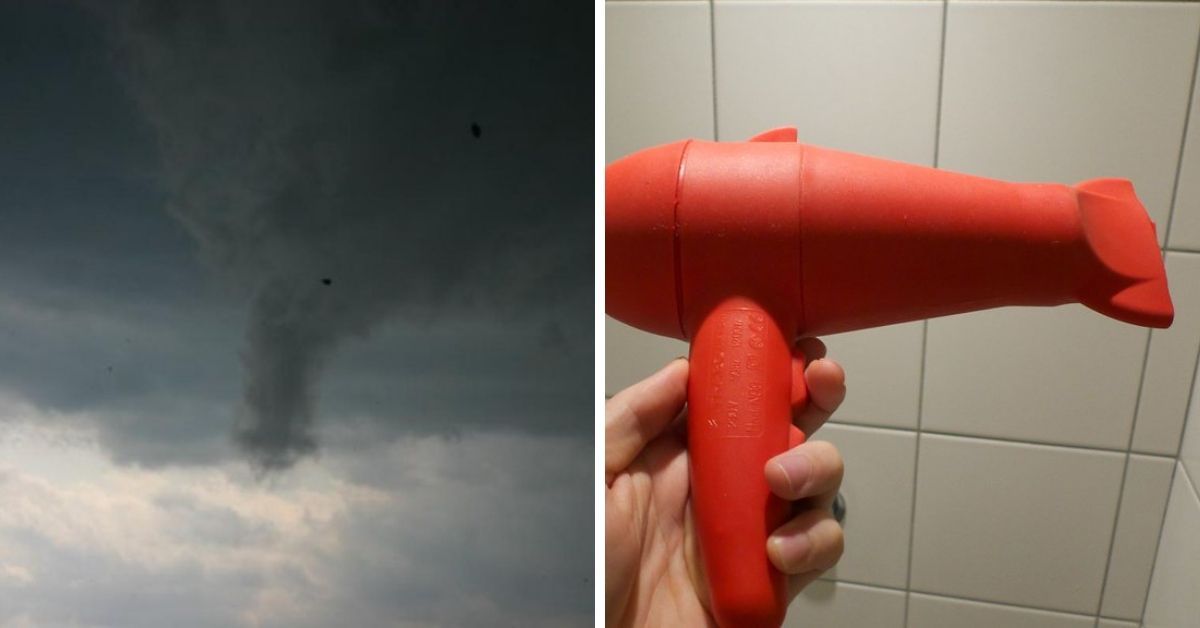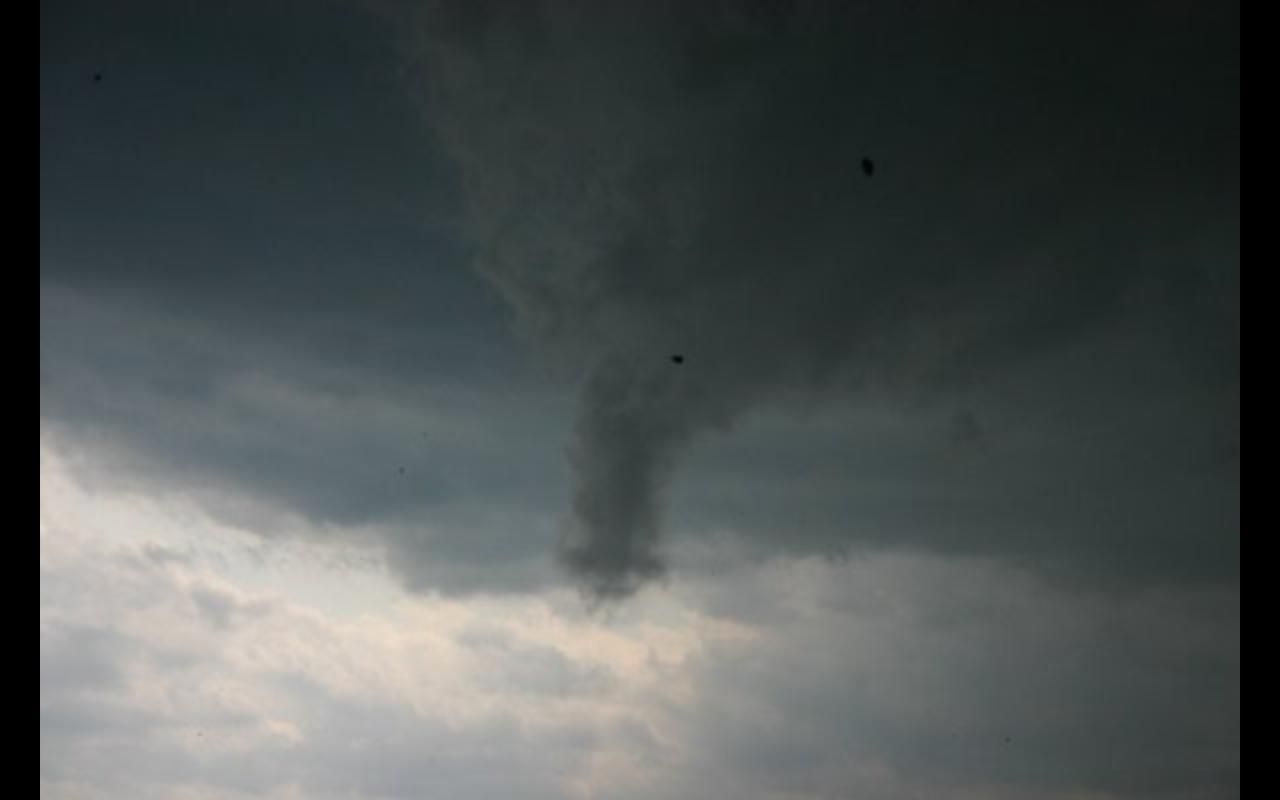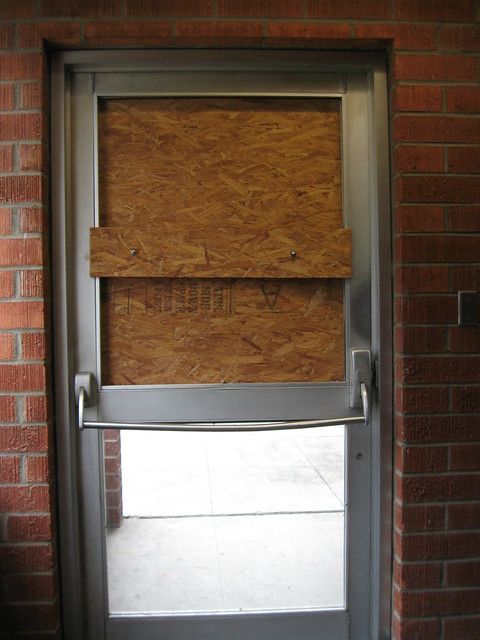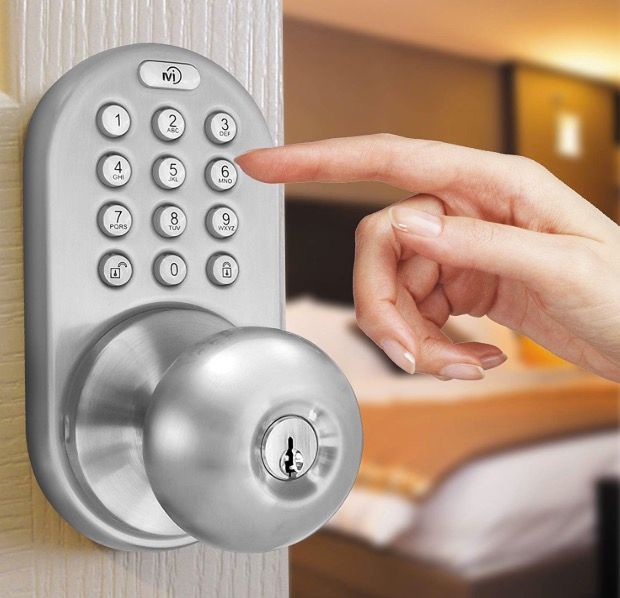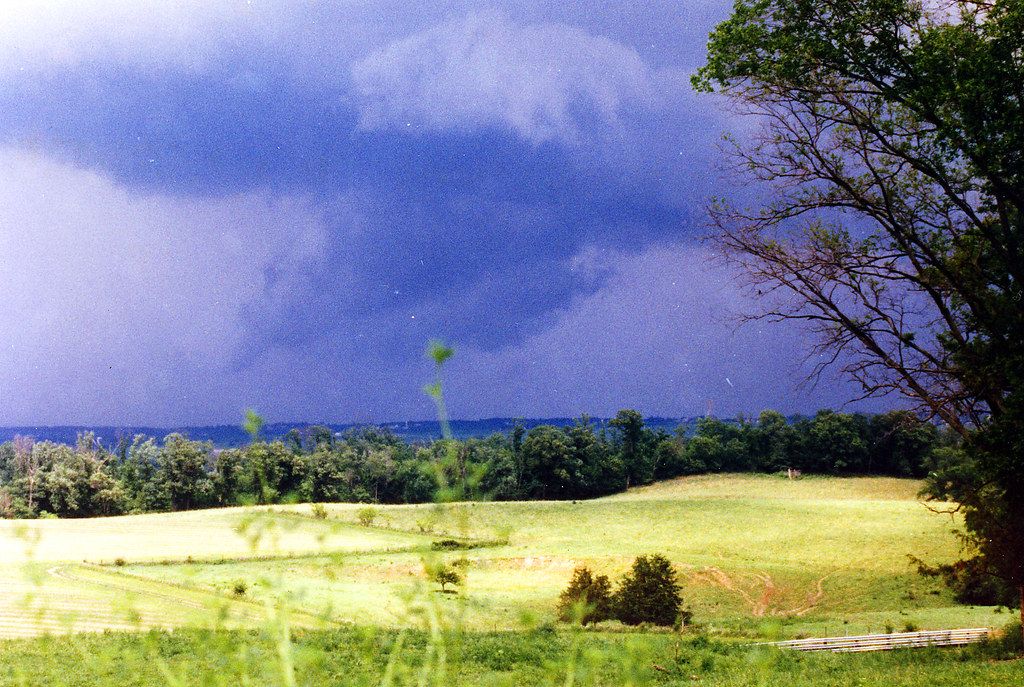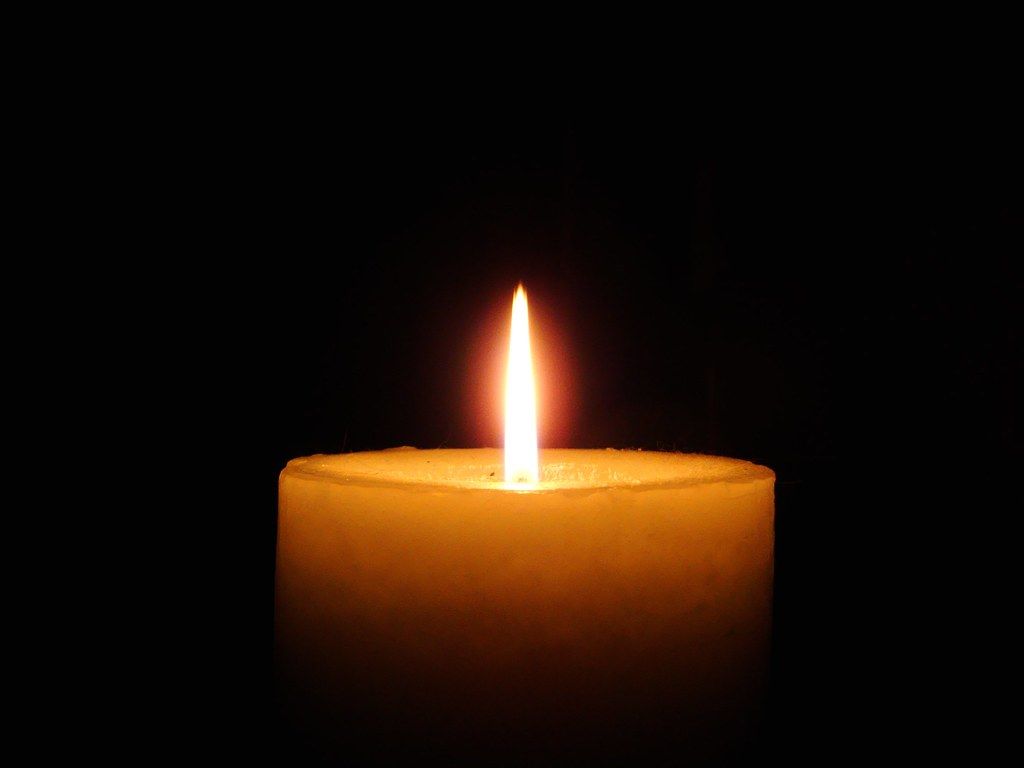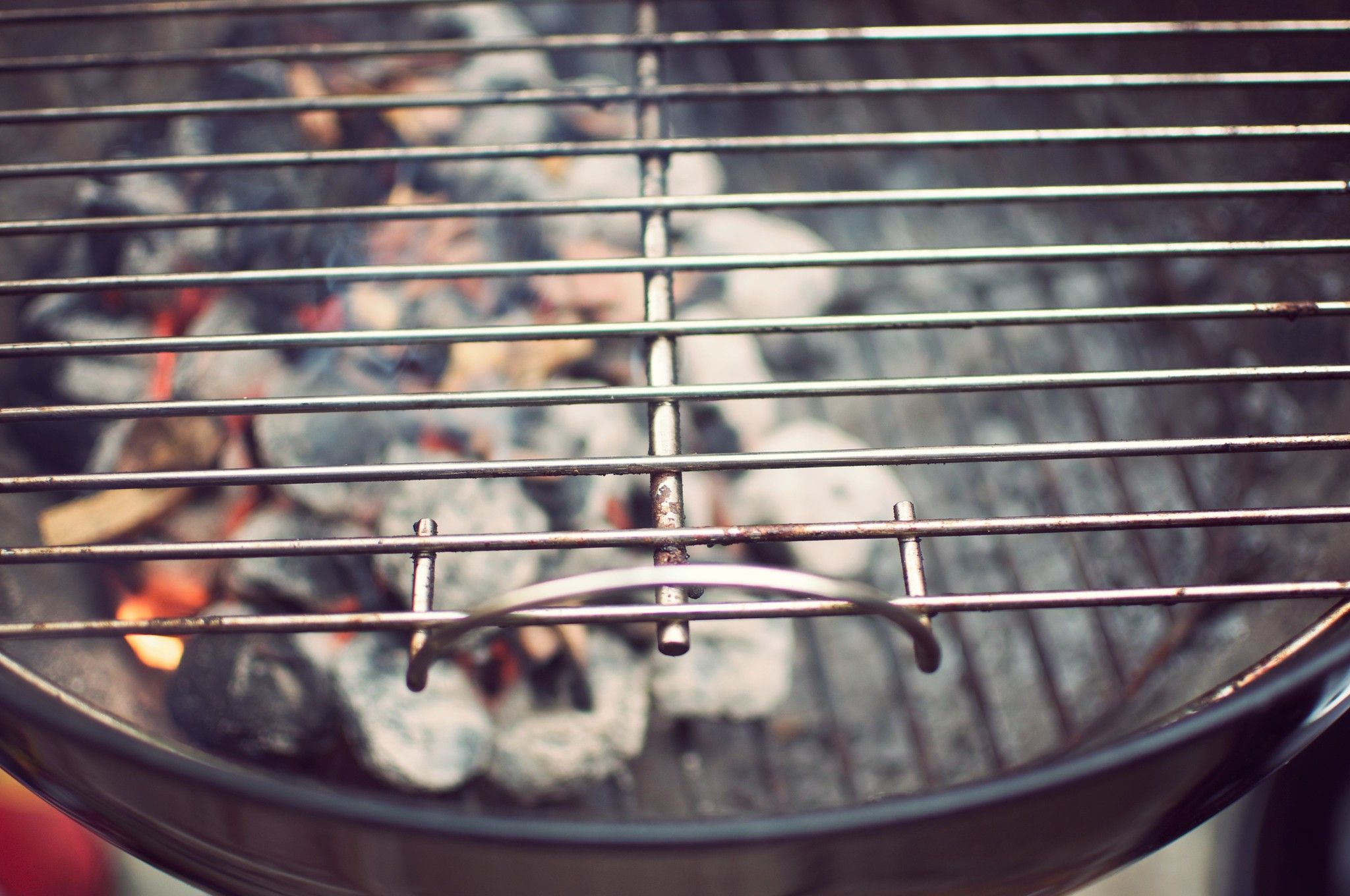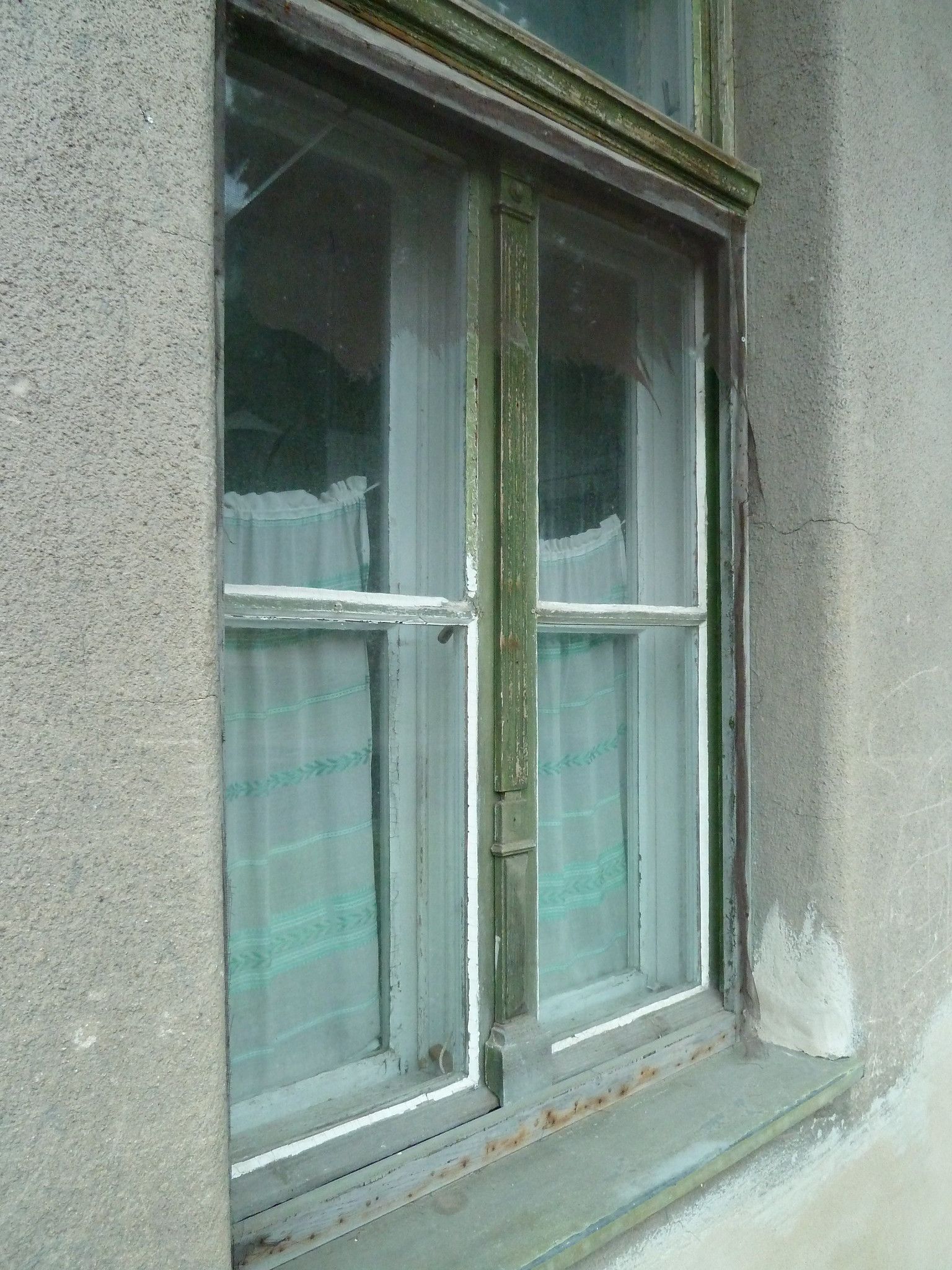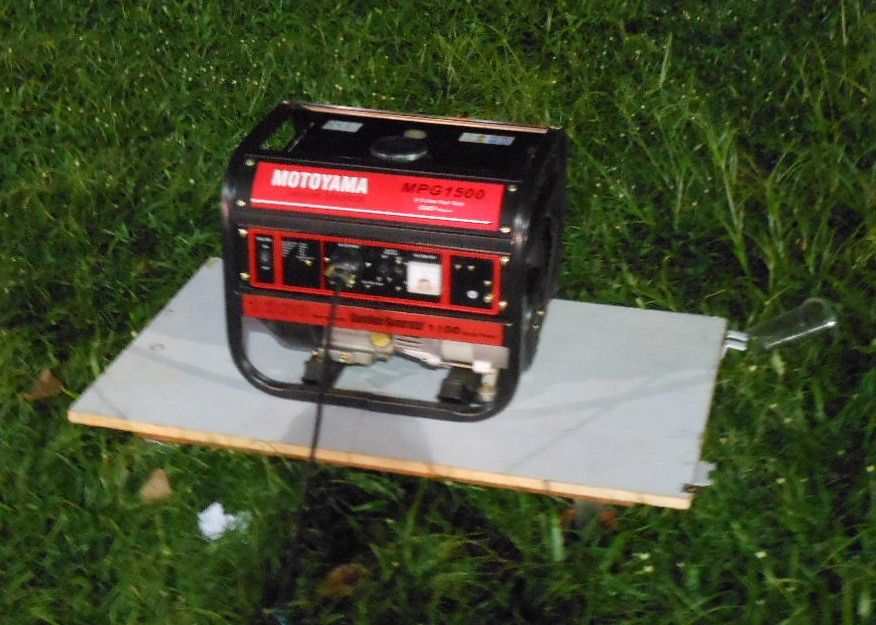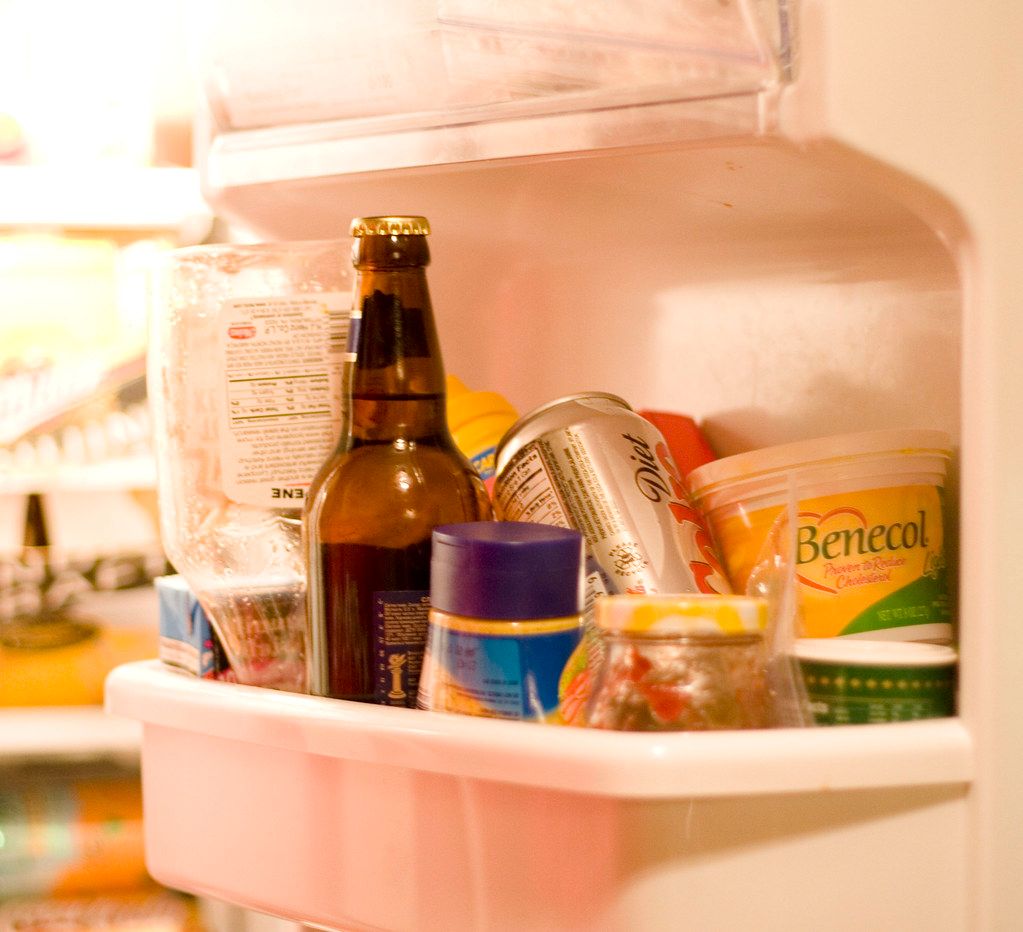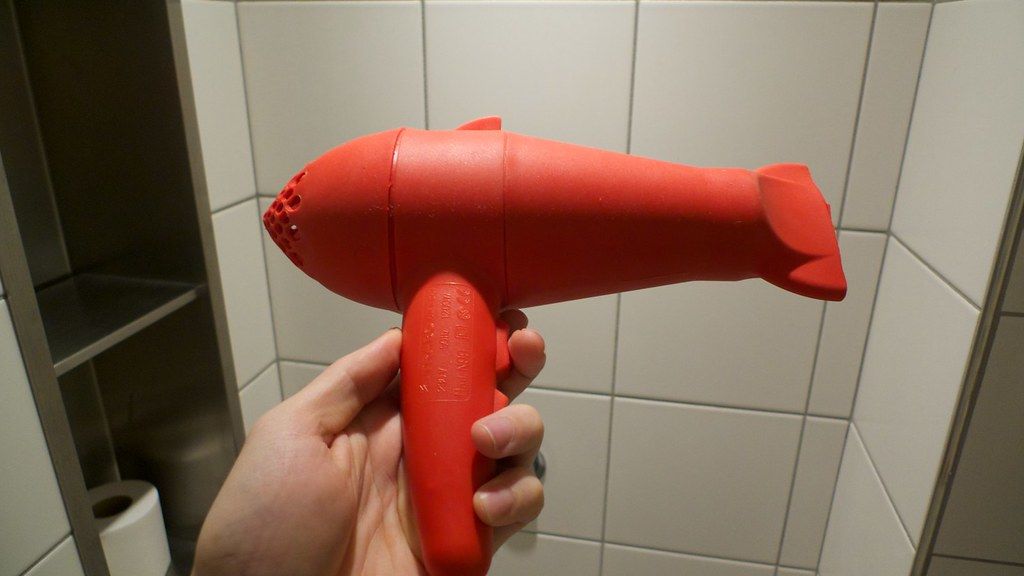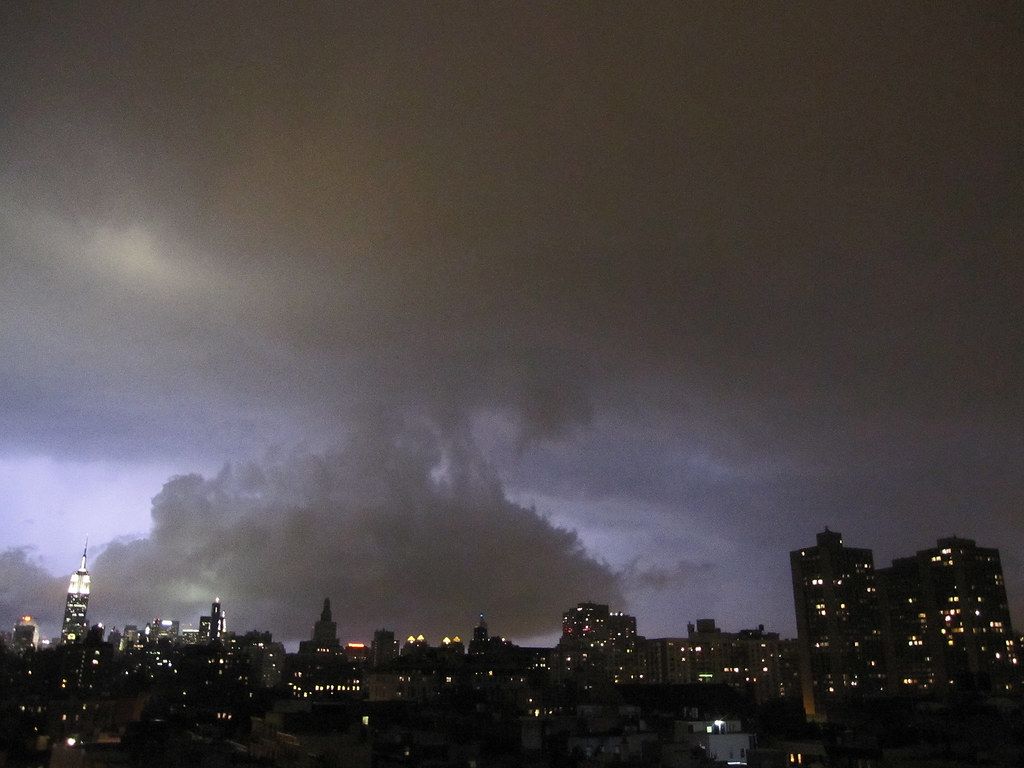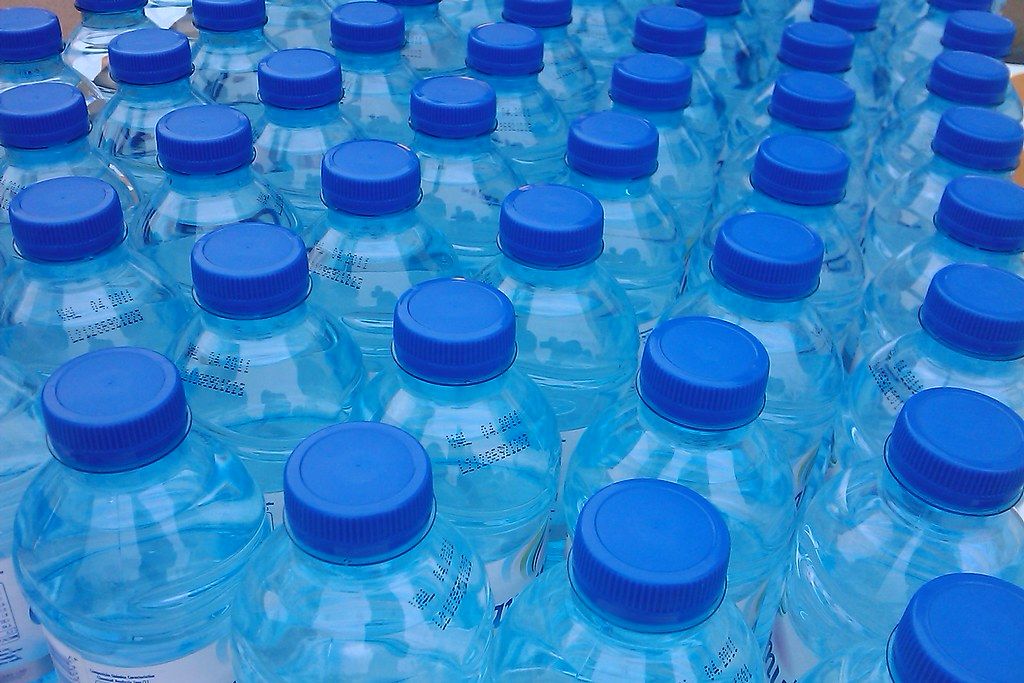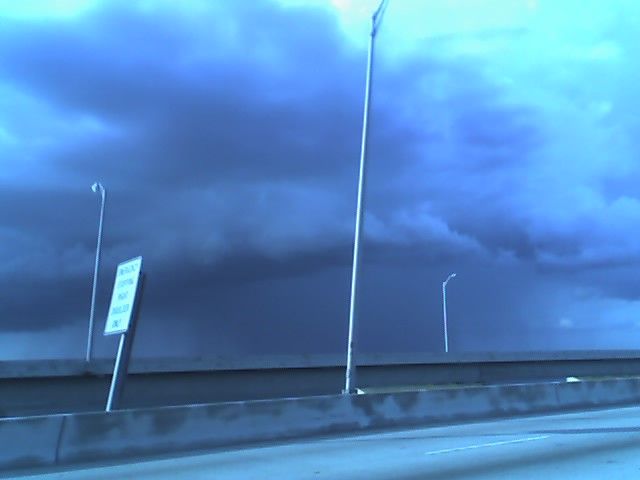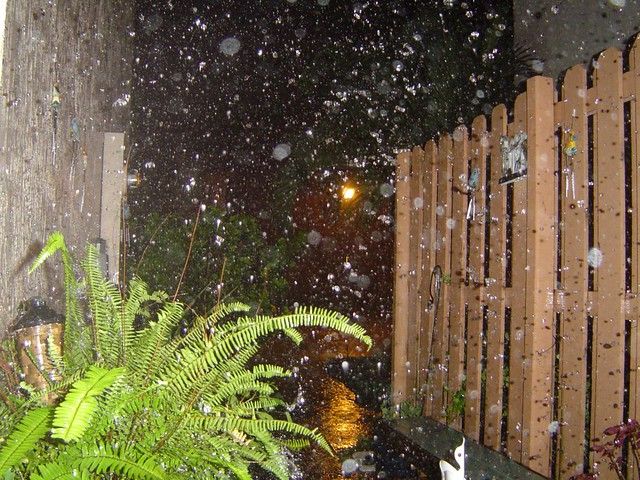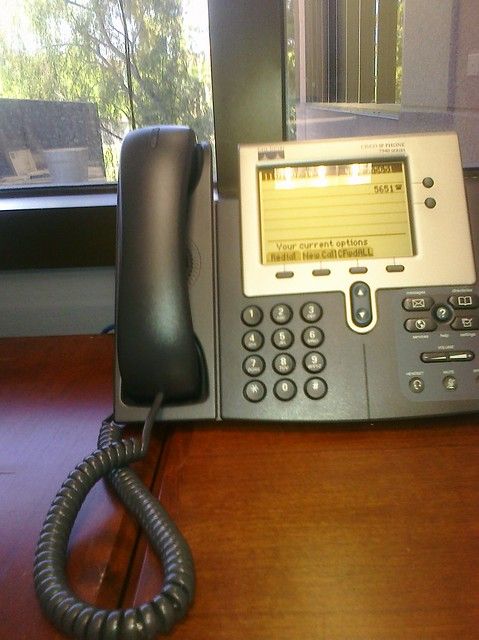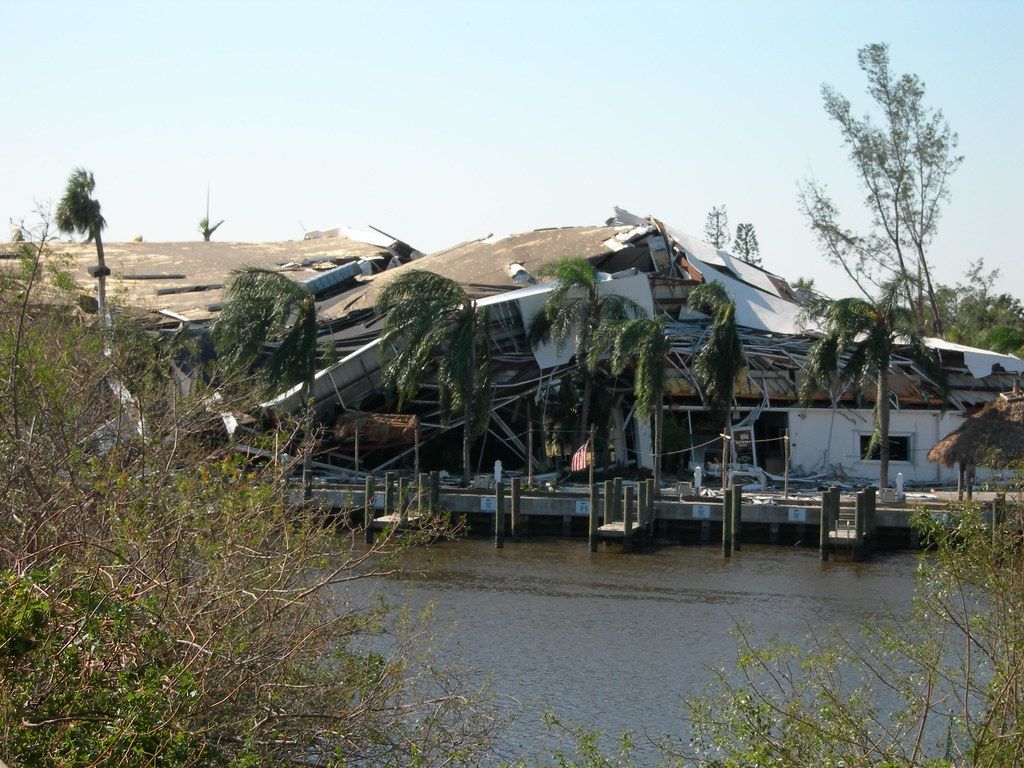As Hurricane Dorian threatens touchdown, it made me think about what I would do in the case of an emergency after severe weather hit. I'd like to think that I'm pretty prepared, but the reality is that there are probably things I would end up doing that could be dangerous. Once extreme weather hits, our fight or flight instincts are bound to kick in. Are we going to leap into action or will we crumble under the pressure?
There are some things you definitely SHOULD NOT do in the event that extreme weather hits. Did you know about them?
1. Board up your windows.
I hate to break it to you, but if your windows aren't boarded up by the time extreme weather hits, then it's probably too late. The time to board them up is the days before the weather hits, not the day of. Trying to board up your windows when it's windy or raining is extremely dangerous, and you put yourself at risk for severe injury.
2. Get locked in.
With all the new technology around, you might have replaced your classic door lock with an electronic one. If this is the case, you'll want to know how to go around it in the event of a power outage. This is also the case for garage door openers. There is usually a safety switch or automatic release switch that allows you to bypass the electronic lock, and everyone in your home should know about this in the case of an emergency.
3. Keep appliances plugged in.
When the power goes out, you'll want to make sure as many appliances as possible get unplugged if it's safe to do so. When it comes time for the power to come back on, there's the chance you'll get a power surge and blow out some of your appliances. That could get costly for you.
4. Ignore warnings.
The warnings about severe weather might feel like a nuisance, but you should never ignore them. Those warnings aren't just for fun. If you hear or see a warning about a potential hurricane, tornado, or any other act of God, pay attention and make sure you're ready for whatever is on its way.
5. Use candles.
Candles seem like an automatic option when the power goes out, but using candles can actually be extremely dangerous. You could fall asleep with the candles burning and if something were to catch fire, it's not guaranteed that your cellphone would have service to call for an emergency. even if you don't fall asleep with the candles burning, an open flame is always a safety risk. You're better off using flashlights or battery-powered lamps to brighten up the space.
6. Use a charcoal grill indoors.
It might be tempting to light up your charcoal indoors, either or keep warm or cook dinner, but the repercussions could be deadly. Charcoal grills omit carbon monoxide, an odorless gas that can prove to be fatal to humans. There are other, more safe ways to keep warm indoors.
7. Open the windows.
There's a myth that during a hurricane or tornado, opening some of your windows will counteract the pressure that's hitting the house and cause less of a risk for your windows to shatter. This isn't the case at all. Open your windows during a storm just allows the elements of outdoors into your home, it doesn't prevent breaking windows. Keep those windows closed until the storm has passed.
8. Run a generator indoors.
Just like you shouldn't use a charcoal grill in your house, you shouldn't use a generator indoors either. There were at least 50 cases of carbon monoxide poisoning during Hurricane Katrina, which shows you how some people are unaware of the dangers of the odorless gas. You shouldn't use a generator in your house OR your garage, and it should always be at least 10 feet away from your use.
9.Overuse the fridge.
It's definitely tempting to check the fridge to see what there is to eat, especially if you're someone who eats when they're bored or stressed, but the less you open the fridge the better. When the power goes out, try to open the fridge as little as possible. The food that is in there needs to be preserved as long as possible, the the less time spent open, the more cold the fridge can retain.
10. Use electronics.
Especially during storms that bring a lot of water, try to use your electronics as little as possible. If you still have power and you're using something that's plugged in, you could be at risk of electrocution if you don't notice that it's sitting in water. It's better safe than sorry when it comes to using electronics during severe weather situations.
11. Evacuate during a tornado warning.
You might think it's time to leave as a tornado approaches, but going outside during a tornado is a bad idea. You could be in danger of getting hit with debris or being blown away. You should stay in your house and head to the basement or the inner-most room in the house that is far away from windows. The only time you should evacuate during a tornado is if the storm is a few days away.
12. Drink water from plastic bottles that were on a concrete floor.
Most people have "emergency" water stashes in their home, but if those plastic bottles have been sitting on a concrete floor then you shouldn't drink it. There are a lot of chemicals used in making concrete, and those can seep through the plastic into your water. This is especially the case if you're storing the water in the garage. Garage floors can be covered in oil spills or other chemicals, all stuff you wouldn't want in your water. You should store your plastic bottles in a piece of cardboard or a wooden pallet.
13. Not have a safe space.
Sometimes extreme weather hits without any warning. The last thing you want to do is be unsure of what to do. It's always worth sitting down with everyone in your household to determine a safe place to be when bad weather hits, whether that's a basement, storm cellar, or anywhere else that you think will keep you protected.
14. Look out your windows.
Yes, the weather can look really cool during a storm, but it's not worth looking out your windows. At any moment, your windows could shatter and you could be hit with debris. Anything could go flying through your windows at any time, and you don't want to be standing there when it does.
15. Use appliances, even a corded phone.
Anything that's plugged in is a safety risk during a storm. Lightning can strike at any time, and if you're holding on to something that's plugged in when it does, you're going to be in for a world of hurt. Corded phones and other appliances should be used sparingly, and ideally only in an emergency situation.
16. Be a hero.
Everyone wants to do their part during an emergency weather situation, but you shouldn't try to be a hero. Keeping you and your family safe is the number one priority. Let the professionals handle everything else, while you focus on things in your own home.
